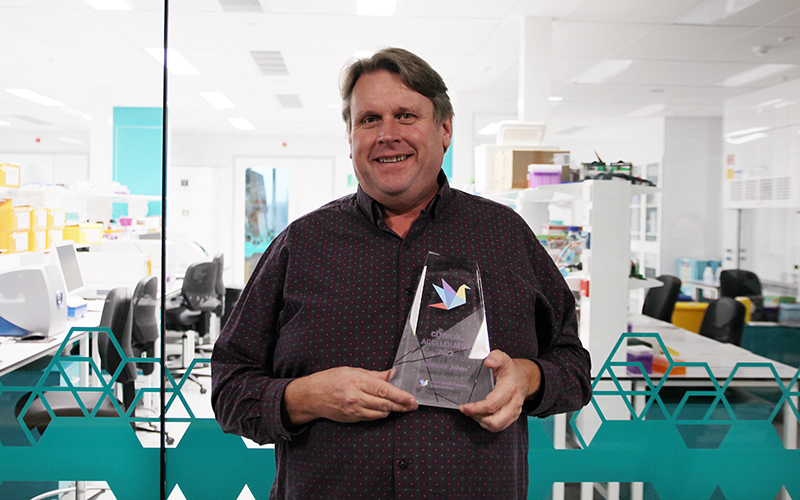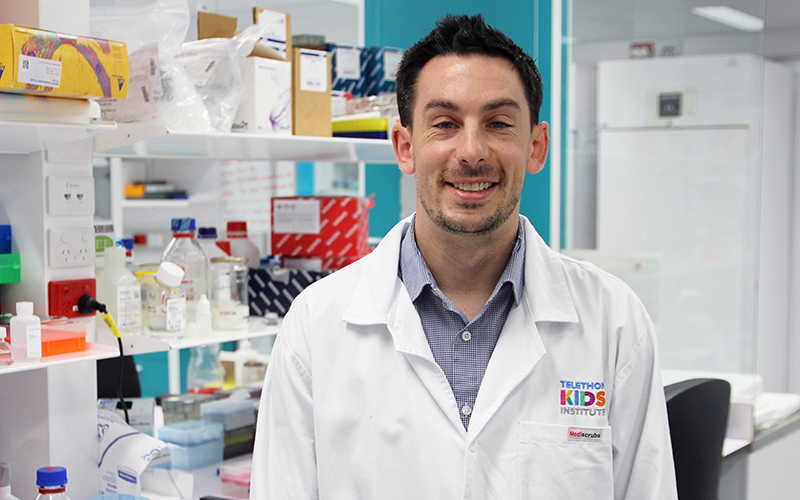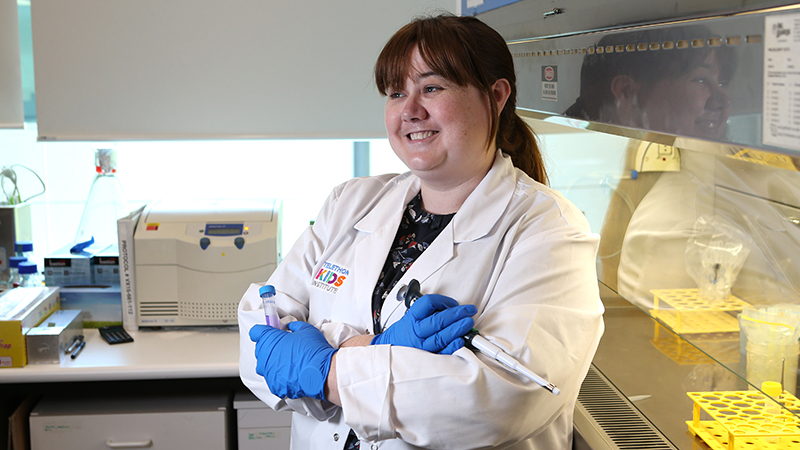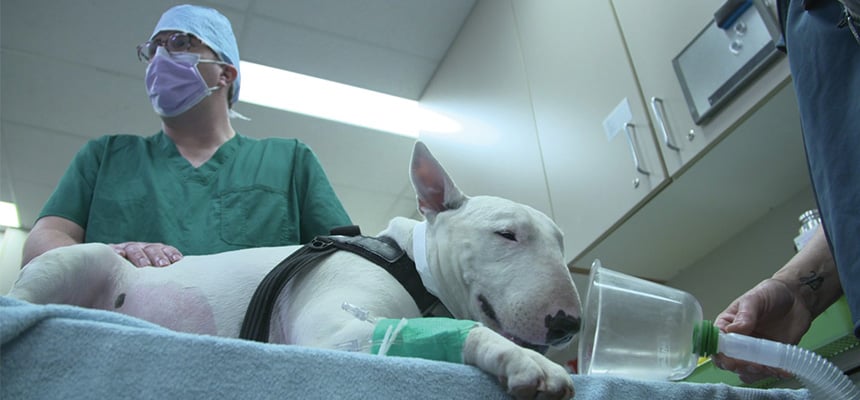Search

News & Events
Trial of new antibody gives hope to children suffering from brain cancerChildren with aggressive brain cancers could soon have access to a significant new treatment option, using a unique antibody that stops cancer cells from repairing themselves.

News & Events
The Kids Research Institute Australia Cancer Centre Researcher wins Cancer Council WA FellowshipCancer Council WA has awarded a Post-Doctoral Fellowship to Dr Ben Wylie, for his project to help kids with sarcoma.

News & Events
“Natural killer” donor cells fighting kids leukaemiaNew research by The Kids shows donor immune cells are highly effective at boosting the body’s response against leukaemia.

News & Events
WA Child Research Fund grants boost research for premmies, kids with cancer and rare diseasesThe Kids Research Institute Australia researchers have been awarded 12 of 16 grants under the latest round of funding from the WA Child Research Fund
Research
Exposure to diagnostic radiological procedures and the risk of childhood acute lymphoblastic leukemiaDiagnostic irradiation of the mother during pregnancy increases the risk of childhood acute lymphoblastic leukemia

News & Events
World-first clinical trial in ‘man’s best friend’ could unlock treatment breakthrough for kids with cancerThe Kids Research Institute Australia is leading a unique clinical trial in pet dogs that could pave the way for a new immunotherapy treatment for one of the most common childhood cancers, Sarcoma.

Associate Professor Lesterhuis said the gel, developed with the help of chemists at The University of Western Australia, could revolutionise the way solid tumours were treated.
Research
Blinatumomab as bridging therapy in paediatric B-cell acute lymphoblastic leukaemia complicated by invasive fungal diseaseInvasive fungal disease (IFD) remains a challenging complication of treatment for paediatric acute leukaemia. Consensus fungal treatment guidelines recommend withholding chemotherapy to facilitate immune recovery in this setting, yet prolonged delays in leukaemia therapy increase risk of relapse.
Research
Type I interferon subtypes differentially activate the anti-leukaemic function of natural killer cellsNatural killer (NK) cells have an intrinsic ability to detect and eliminate leukaemic cells. Cellular therapies using cytokine-activated NK cells have emerged as promising treatments for patients with advanced leukaemia. However, not all patients respond to current NK cell therapies, and thus improvements in efficacy are required.
Research
Home-based multidisciplinary interventions on skin adverse reactions in EGFR-The Kids-treated patients with lung cancer: a protocol for a randomised controlled trialHere, we provide a feasible, well-designed protocol of a randomised controlled trial for the assessment of the effects of a home-based multidisciplinary intervention on the severity of skin adverse drug reactions and health-related indicators in patients with non-small cell lung cancer (NSCLC) under epidermal growth factor receptor tyrosine kinase inhibitor (EGFR-The Kids) therapy.
